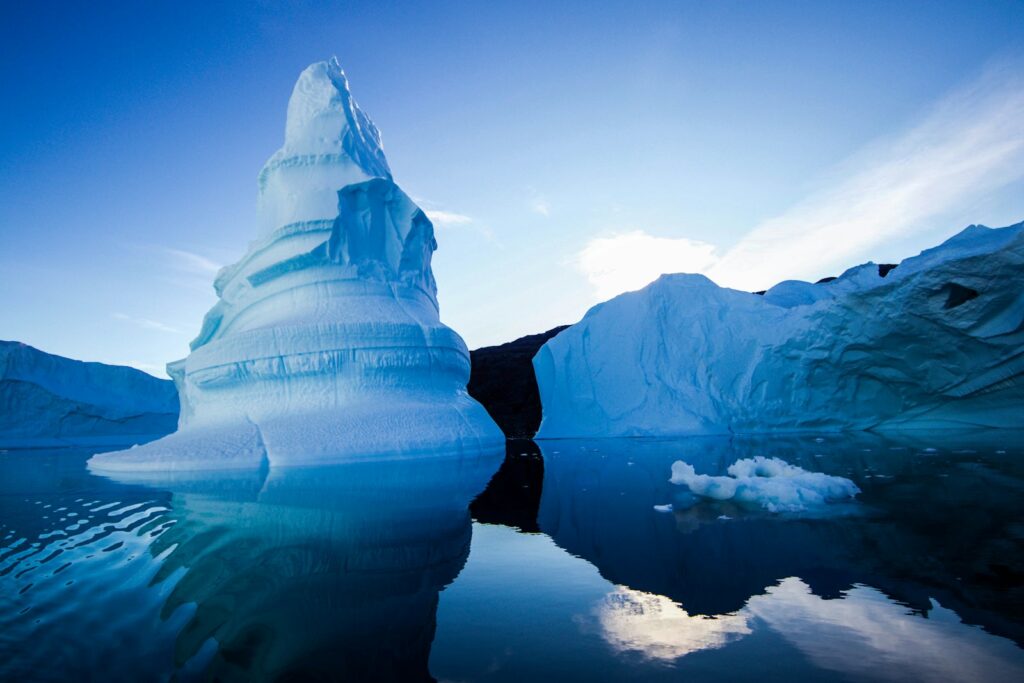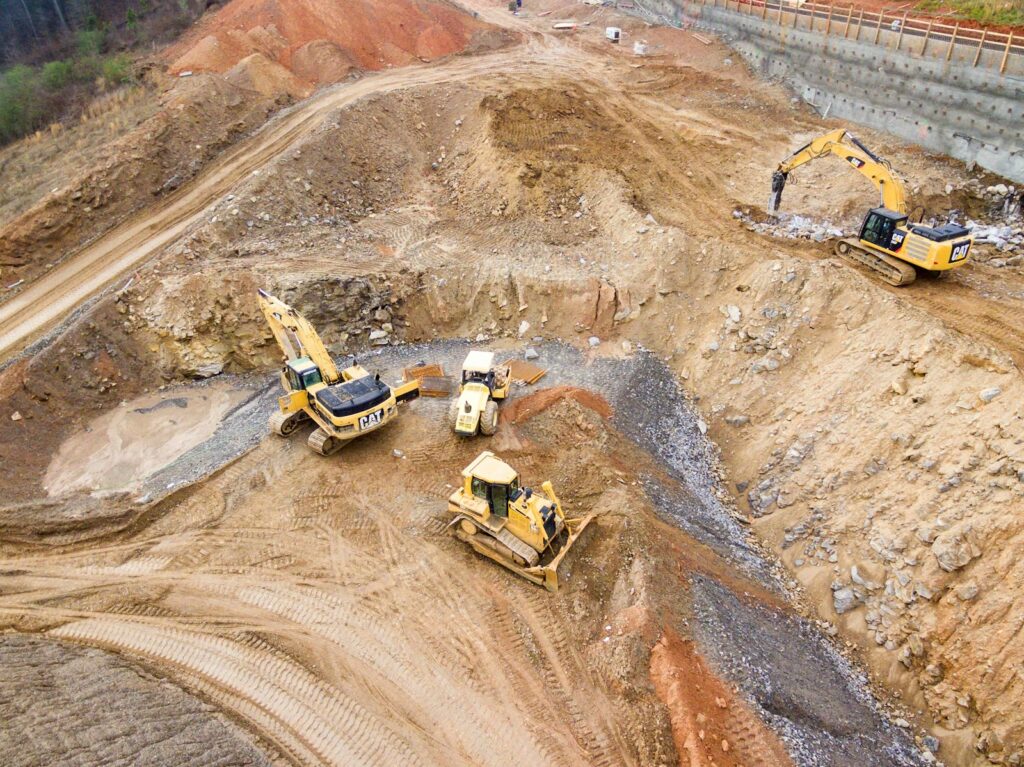25-years worth of satellite observations has revealed that 14 glaciers in the Getz region are thinning and flowing into the ocean at an accelerated rate, according to a new study published in the journal Nature Communications.
The research, which was led by the University of Leeds revealed between 1994 and 2018, 315 gigatonnes of ice have been lost in this region, adding 0.9 mm to global mean sea level – the equivalent of 126 million Olympic swimming pools worth of water.
The results show that, on average, the speed of all 14 glaciers has increased by almost a quarter with three glaciers’ speeding up by more than 44%.
Heather Selley, the lead author of the study, said: ‘The Getz region of Antarctica is so remote that humans have never set foot on most of this part of the continent. Satellite radar altimetry records have shown substantial thinning of the ice sheet.
‘However, the high rates of increased glacier speed – coupled with ice thinning – now confirms the Getz basin is in ‘dynamic imbalance’, meaning that it is losing more ice than it gains through snowfall.
‘Using a combination of observations and modelling, we show highly localised patterns of acceleration. For instance, we observe the greatest change in the central region of Getz, with one glacier flowing 391 m/year faster in 2018 than in 1994. This is a substantial change as it is now flowing at a rate of 669 m/year, a 59% increase in just two and a half decades.’
Anna Hogg, study co-author added: ‘The pattern of glacier acceleration shows the highly localised response to ocean dynamics.
‘High-resolution satellite observations from satellites such as ESA’s Copernicus Sentinel-1, which collects a new image every six-days, means we can measure localized speed changes with ever greater detail.
‘Consistent and extensive sampling of both ice speed and ocean temperature are needed to further our understanding of the dynamic ice loss, which now accounts for 98.8% of the Antarctica’s sea level contribution.’
Photo Credit – Pixabay
















